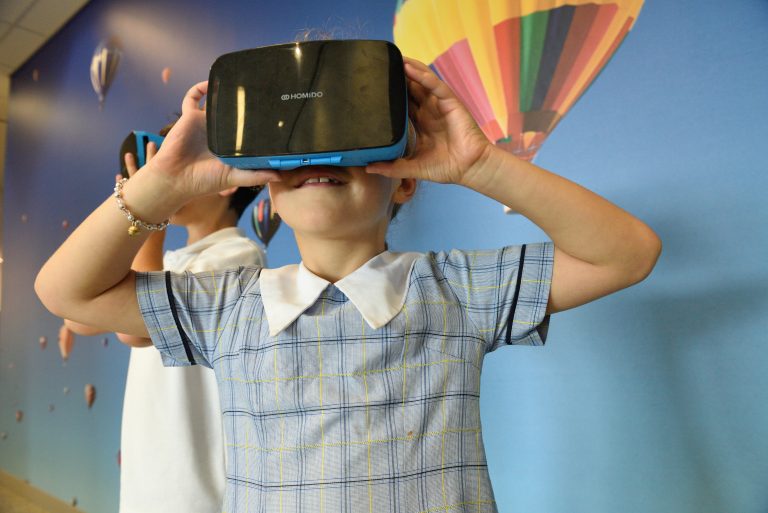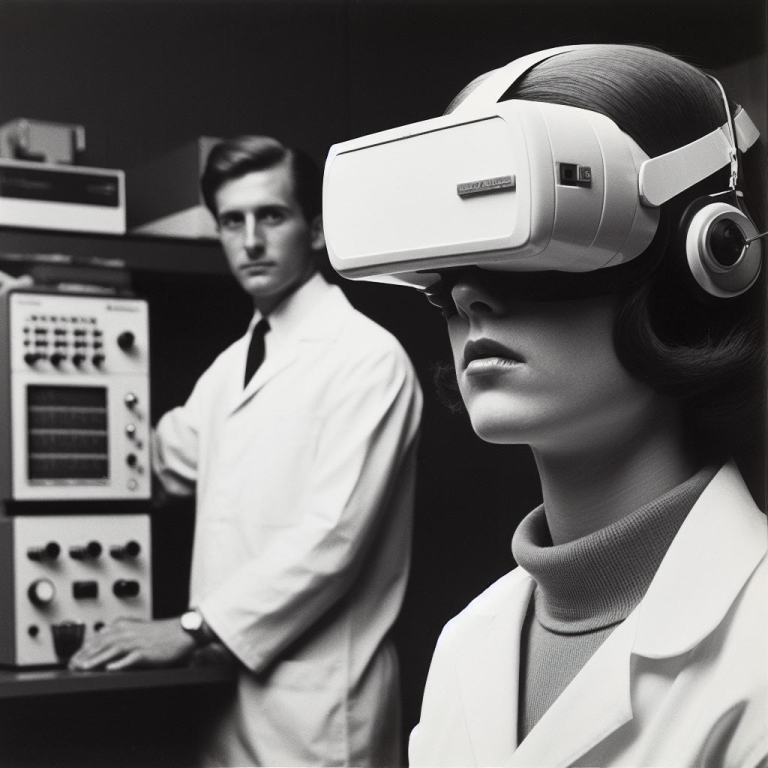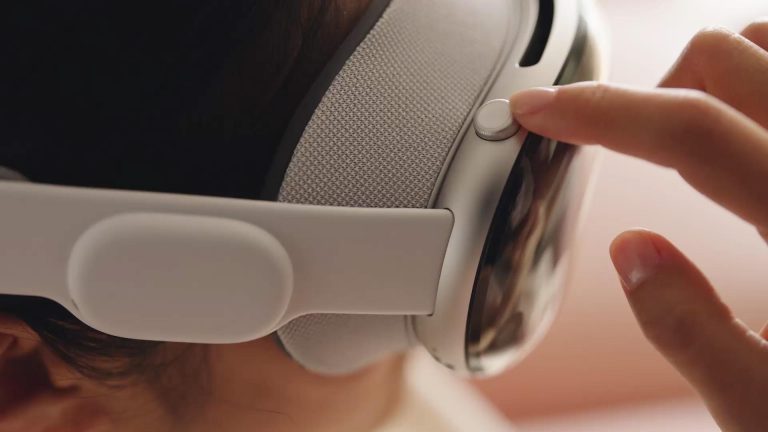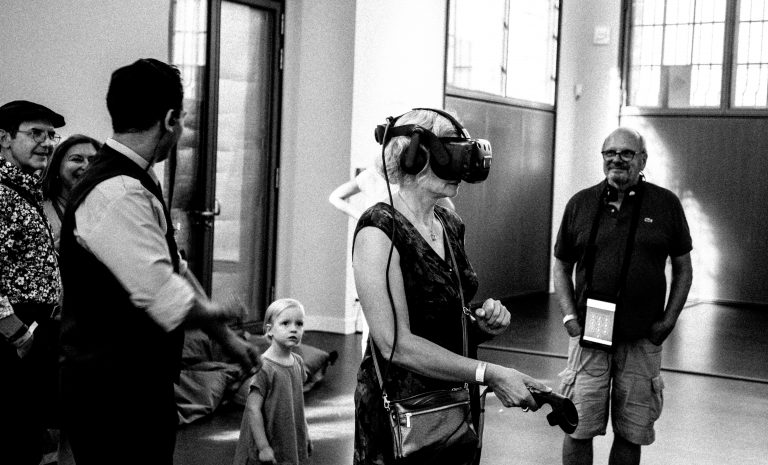Who wants to govern the metaverse?
The governance of the ‘metaverse’, underpinned by extended reality (XR) technology, has garnered increasing attention from policymakers, industry, and regulators. Despite highly productive critiques of industrial governance practices and initiatives – such as those focused on responsible innovation and diversity, equity, and inclusion within XR – there has been limited comprehensive examination of XR governance…








